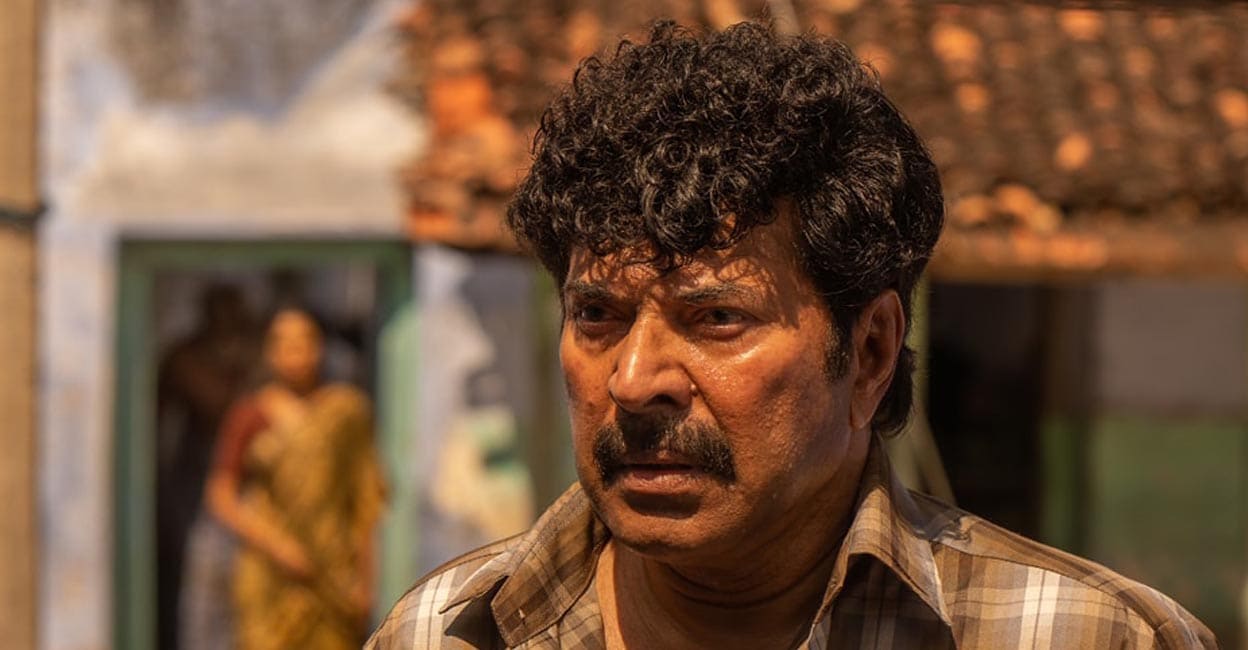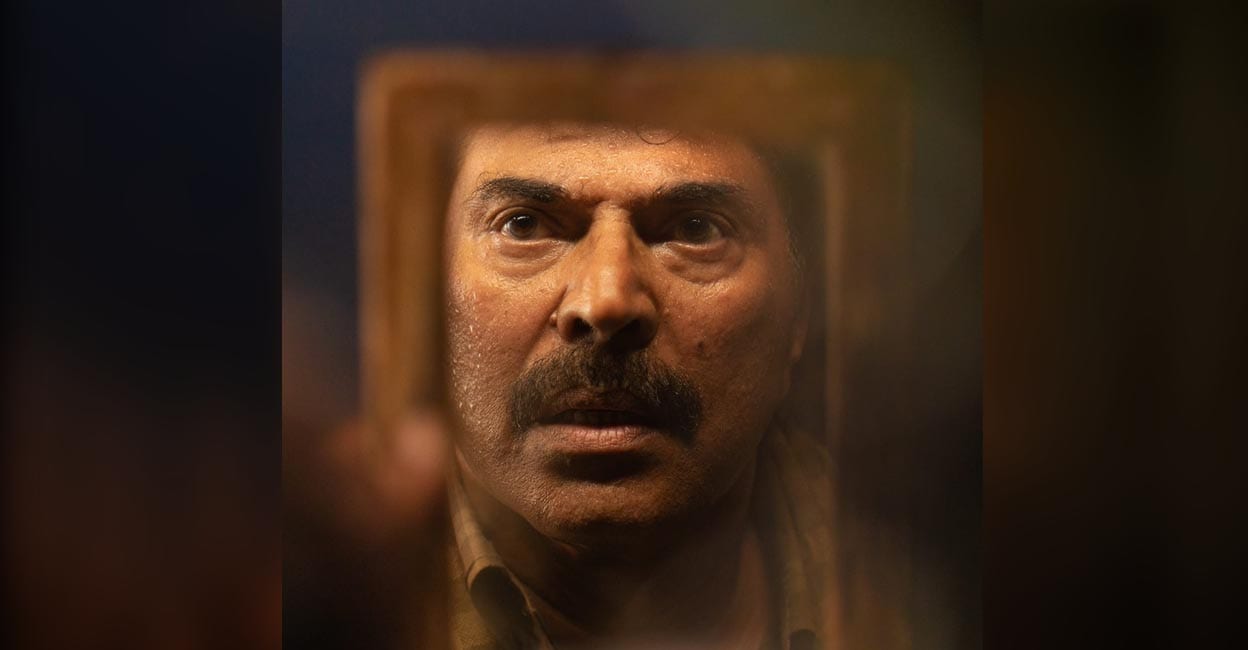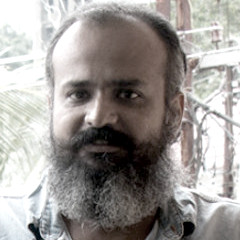Analysing Lijo Jose Pellissery’s static shots and Mammootty’s siesta in 'Nanpakal Nerathu Mayakkam'

Mail This Article
In ‘Nanpakal Nerathu Mayakkam’, his ninth film as a director, Lijo Jose Pellissery must have asked cinematographer Theni Eswar to observe the actors like a master of mindfulness. For that's what his camera does.
Here the camera is not the same gesticulating orator we saw in Lijo’s previous films (like ‘Double Barrel’, ‘Angamaly Diaries’, ‘Jallikkattu’ or ‘Churuli’), that enchanted us with the superlative movements and the mayhem it encapsulated in frames. It is not even the melancholic one we saw in Ee.Ma.Yau (R.I.P). Instead in ‘Nanpakal Nerathu Mayakkam’, it constantly hums like a Dravidian ascetic radiating peacefulness.

The shots are static yet the frames are dynamic and once the film enters Sundaram’s village through James's siesta dream, the shots acquire an aura that makes it resemble the visualisations of a Tao master. In lieu of adding haze and glow or grading the dream sequence differently, Theni Eswar, who won appreciation for his work in films like ‘Azhagarsamiyin Kuthirai’, ‘Merku Thodarchi Malai’, ‘Karnan’, and ‘Puzhu’, achieves a differentiation relying on the aesthetic method of frames within a frame. Rarely do we see Sundaram outside boxes or shapes. Most of the time he is framed inside windows and doors, the easy options. And at other times the borders are drawn using corn fields and horizons, using pathways and overhead electric cables or under the vast spread of a tree; nonetheless, Sundaram is always inside James's dreamscape.

And all this while, the camera stays static like the sleeping James. The camera occasionally sheds the character when James nears the end of his siesta. If I am not wrong, it jitters and moves from a static shot to a tracking shot when Sundaram, dejected and wondering about the indifference of his own people when they blatantly refuse to buy milk from him, rides through the corn farm towards the temple being built. The second time the camera gives a feeling of a handheld shot is when Sundaram struggles to grasp what is happening to him when the local barber hands him a mirror and he finds James in the reflection. A behind-the-scenes video of the sequence released on Mammootty Kampany's YouTube channel shows the movement of the frame is an illusion created by the shaking of the mirror held by Sundaram.
When Sundaram wakes up as James from his mid-day slumber the camera again drops its character by playing with focus and exposure. These are all James’s struggles ahead of waking up from his ‘nanpakal nerathu mayakkam’ inside the mini-bus.
Known for his love for magical realism, Lijo Jose Pellissery makes Theni Eswar add an unrealistic bouncing light and a towering shadow of Sundaram in the build-up scene to his siesta.
By now, realising his fate, Sundaram has lunch cooked by his beloved wife along with his father and mother and makes his daughter serve him rasam. When everyone goes to their mid-day nap, it is time for him to say the final goodbye. A troubled Sundaram sits with his mother for some time, hands her a tender piece of tobacco and looks compassionately at his sleeping father. As he walks towards the verandah to sleep, the shadow of Sundaram lingers back on the inside wall of his house. The filmmaker follows it up with blurred visuals of real Sundaram making one wonder if they are out of focus as they are the visions of Sundaram’s mother, temporarily blind after the eye surgery, or due to the tears in one’s eyes.
Seems like after all the running around, Lijo Jose Pellissery, one of the most prolific Malayalam filmmakers of the current generation, has found a shade and unlike James, he is having a peaceful siesta with a beautiful dream. And we were given an open invitation to be a part of it!


